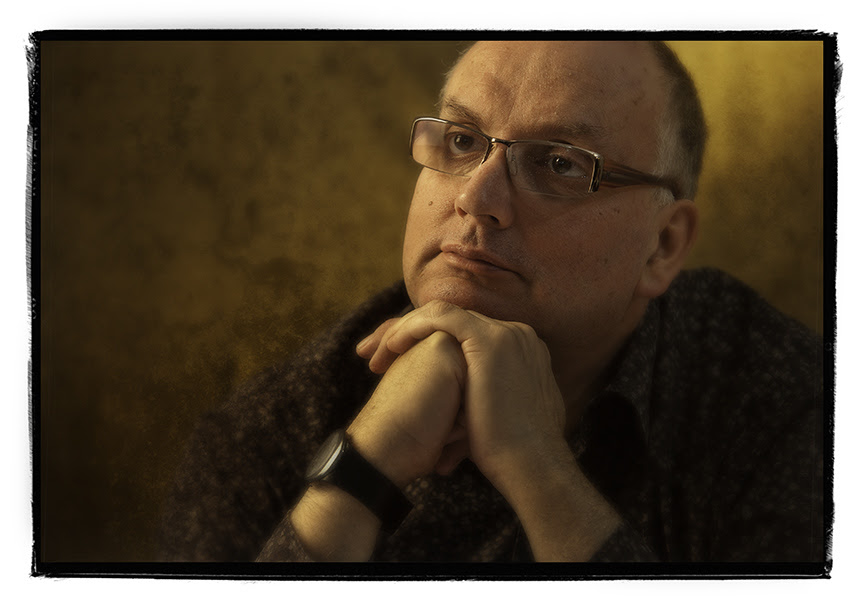World Music Center Distinguished Scholar Series
Lecture by Keith Howard
Professor Emeritus at SOAS, University of London
For half a century, a monolithic artistic policy has gone hand in hand with absolute political autocracy in North Korea. This, according to official statements, constitutes a Korean style of human rights based on the will of the people. Artists, including musicians and dancers, must adhere to a literary art theory (munye iron) that requires ideological purity and uses approved model works to generate new artistic production. This is the result of a transition away from artistic freedom begun in 1955 with the so-called ‘juche speech’ and the Ch’ŏllima ‘flying horse’ mass movement (Howard 2020) which was cast in stone after Kim Il Sung’s 1967 ‘May 25 instructions (5.25 kyoshi)’. To document the transition, I explore articles by musicologists, composers, choreographers, and educators in two journals, Chosŏn ŭmak (Korean Music) and Chosŏn yesul (Korean Arts). I reveal divergent and critical approaches to the imposition of ideology and state control. First, I look at how Kim Wŏn’gyun (1917–2002) – the composer of the first significant song explicitly celebrating Kim Il Sung as leader – abandoned his Soviet training as he argued that songs must replace abstract orchestral and instrumental forms, and how musicologists followed his lead, settling on a ‘national’ melodic style, moderated by Kim Il Sung’s speeches but based on other composers’ folk song transcriptions. Second, I turn to the dancer Ch’oe Sŭnghŭi (1911–1968?), the most significant twentieth-century Korean dancer, whose choreographies still form the foundations for both North Korea’s ‘national dances’ (minjok muyong) and South Korea’s ‘modern dances’ (shin muyong). I show how she fought criticism, was purged then rehabilitated, then resisted to conform until she vanished from view. Finally, I fast forward to ask whether the consensus of conformity which emerged by 1967 remains in today’s music and dance production.
Professor Keith Howard is Professor Emeritus at SOAS, University of London. He was formerly Professor and Associate Dean at the University of Sydney and has held visiting professorships at Monash University, Ewha Women’s University, the University of Sydney, Hankuk University of Foreign Studies, and Texas Tech University. During the 2017–2018 academic year he was the Kent R. Mullikin fellow at the National Humanities Center, North Carolina. He works primarily as an ethnomusicologist and is known for his work on Korea although his interests extend to Kyrgyzstan, Nepal, Siberia, and Thailand, as well as European early keyboard instruments, pipe organs, and bell ringing.
